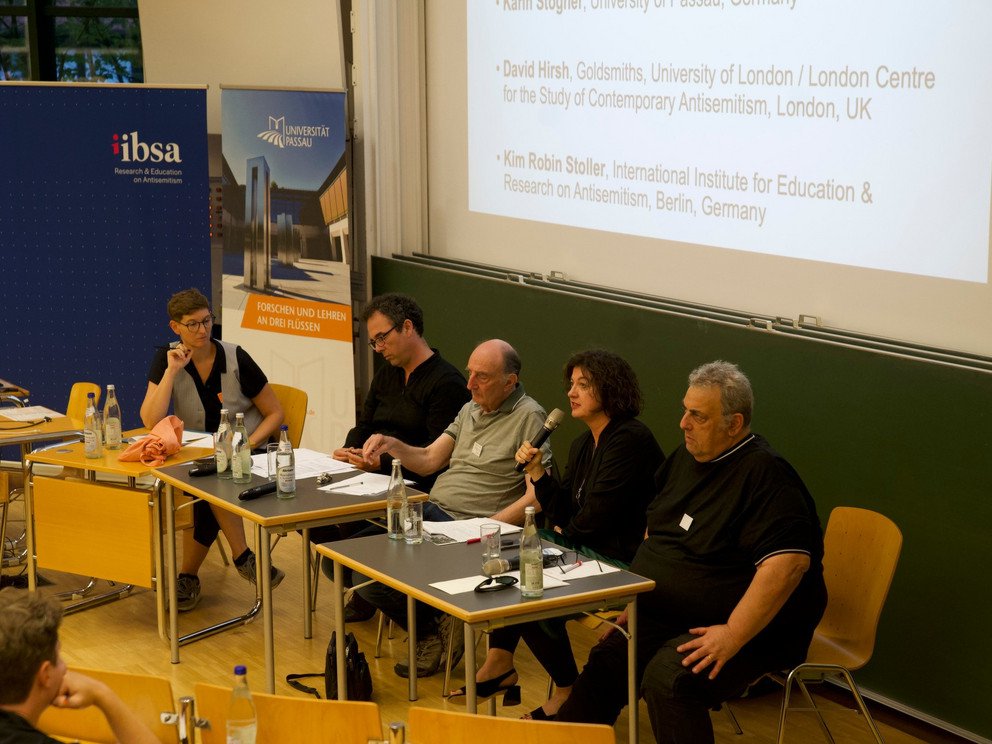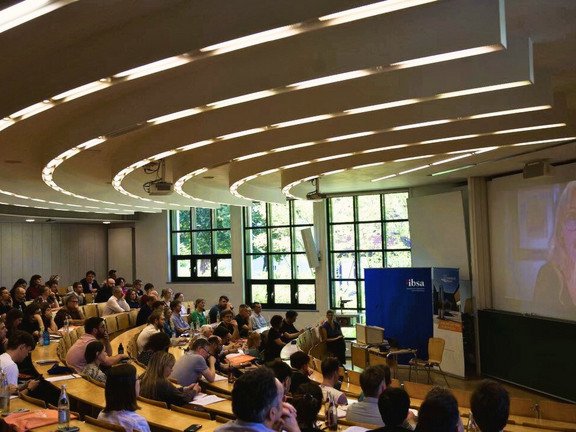Passau — From 31 August to 2 September, the University of Passau hosted the mid-term conference of Research Network 31 (Ethnic Relations, Racism, and Antisemitism) of the European Sociological Association (ESA). Under the title 'Hate in Transition and the Aftermath of 7 October: Antisemitism and Racism in Times of Political Crisis", around 150 participants from academia and practice discussed current developments in antisemitism and racism since 7 October.
In around 80 presentations, the conference offered a broad spectrum of theoretical and empirical contributions – from historical in-depth analyses to analyses of current discourses, political movements and digital publics. The conference had a strong international presence: researchers from the USA, Israel, Great Britain, Poland, Spain and other countries presented and debated their work in numerous parallel panels. The discussions were characterised by a high level of expertise, controversial debates in a factual tone and a lively, collegial exchange.
‘It was three days of in-depth analysis, intense discussions and inspiring conversations in an international community,’ emphasises Elke Rajal, coordinator of ESA Research Network 31 and co-organiser of the conference.
Thematic focal points included discussions on:
‘We didn't just want to describe the status quo, but also explore perspectives for research, education and civil society – about how criticism of anti-Semitism and racism can remain effective in the changed social situation after 7 October,’ adds Karin Stögner, Chair of Sociology, co-organiser and host of the conference.
The various sessions made it possible to productively combine different thematic and methodological approaches – theoretical, qualitative and quantitative. ‘The combination of racism and anti-semitism research, comparative case studies, discourse analyses and quantitative surveys greatly enriched the debates,’ said Rajal.
The conference was organised by the Faculty of Sociology at the University of Passau and implemented in cooperation with the European Sociological Association (ESA) and the International Institute for Education, Social and Anti-Semitism Research (IIBSA). Another cooperation partner was the Working Group on Anti-Semitism Research in the Political Sociology Section of the German Sociological Association. The conference was financially supported by the Passau International Centre for Advanced Interdisciplinary Studies (PICAIS), the European Sociological Association and the German Sociological Association. We would like to thank all of the above-mentioned institutions for their support and cooperation.
Looking ahead, the organisers drew a positive conclusion: the conference had made clear how important interdisciplinary, international cooperation is for the further development of anti-Semitism and racism research – and how much scientific exchange can contribute to the objectification of public debates.

